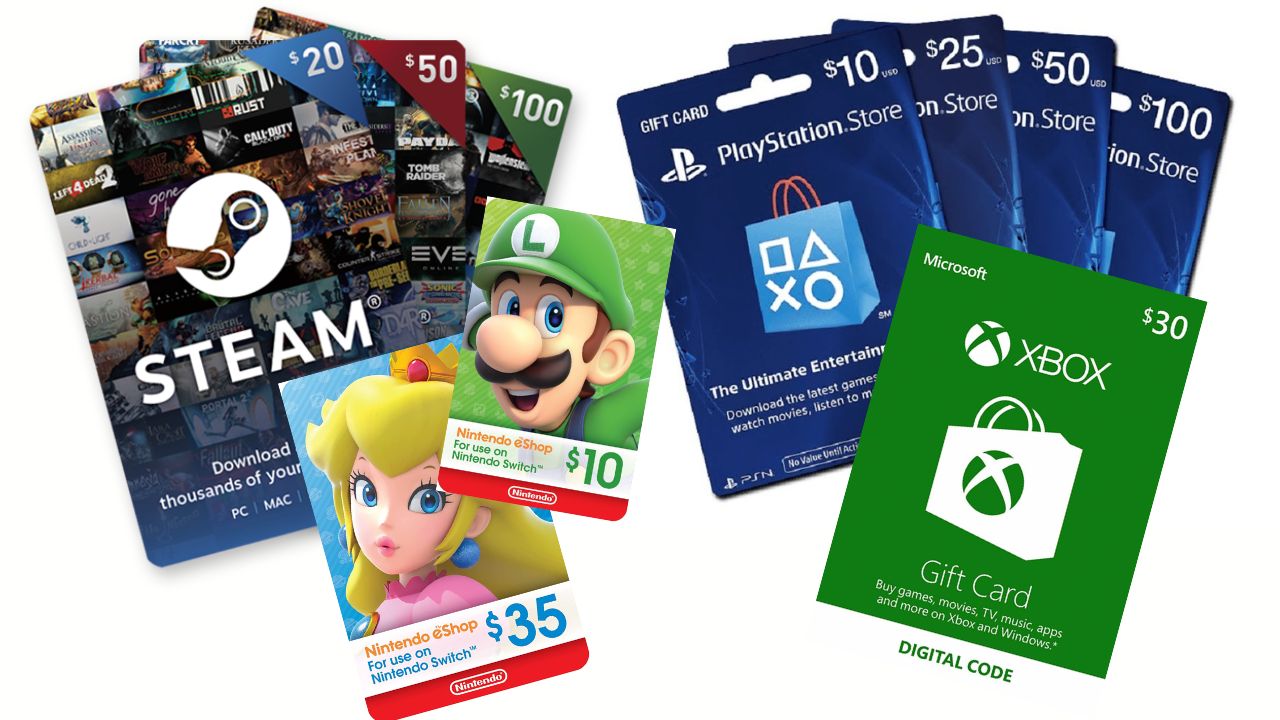Recently, the world of online shopping has undergone a remarkable transformation, with digital gift cards becoming as a key player in this evolving environment. As consumers steadily turn to e-commerce for their shopping needs, digital gift cards offer a convenient and versatile solution for both present-giving and personal spending. These cards, which can be acquired and used with just a few clicks, are reshaping not only how people think about gifts but also how they connect with retailers in the digital space.
The rise of digital gift cards has been driven by a combination of factors, including the growth of mobile payment systems and a heightened demand for options in shopping experiences. Consumers appreciate the quick gratification that comes with sending a digital gift card, allowing them to present their favorite brands and experiences with friends and family without the stringent requirements of traditional gift-wrapping or physical delivery. This shift not only enables gifting but also affects online shopping behavior, encouraging greater consumer engagement and loyalty in an increasingly competitive digital marketplace.
Overview of Digital Gift Cards
Virtual gift cards have emerged as a user-friendly and favored option for customers in the e-commerce landscape. These electronic vouchers allow customers to purchase and deliver gifts with convenience, avoiding the need for traditional cards. Unlike traditional gift cards, electronic versions can be delivered immediately via email or through cellular apps, making them an excellent choice for last-minute gifting. As shoppers increasingly turn to online shopping, the appeal of electronic gift cards has expanded.

The growth of electronic gift cards is motivated by various factors, including the growth of digital retail and changing consumer tastes. As more people shop online, the desire for gifts that can be easily bought and sent online has increased. Electronic gift cards offer a versatile solution, allowing gift receivers to pick their preferred products or services from a wide range of stores. This personalization aspect enhances the gifting experience, making it more relevant to the user's needs.
Furthermore, virtual gift cards contribute to consumer retention and retailer loyalty. Retailers benefit from providing these cards as they often lead to additional purchases or higher spending from the recipients. When customers receive a electronic gift card, they are typically inspired to explore the brand further, sometimes spending above the gift card's limit. This behavior not only boosts profits but also reinforces the brand relationship, highlighting the impactful role of digital gift cards in the online shopping environment.
Impact on Shopper Purchasing Habits
Digital gift cards have noticeably changed consumer purchasing habits, providing a convenient and adaptable choice for giving gifts. With the growth of e-commerce, consumers are more and more opting for electronic gift cards as a quick solution for last-minute gifts. This trend is driven by the ease of purchasing and sending gift cards online, allowing shoppers to deliver gifts instantly via email or chat apps. As a result, many consumers find themselves purchasing electronic gift cards more often, leading to an increase in overall transaction volumes within the digital retail space.
Additionally, digital gift cards encourage consumers to try out new brands and products without financial risk, as recipients often use them to shop at retailers they may not have considered otherwise. This shift in behavior creates opportunities for retailers to draw in new customers and connect with them through personalized offerings. The chance to try with unfamiliar products or services can lead to greater brand loyalty when consumers enjoy their experiences, further driving sales in the online shopping landscape.
Finally, the perceived value of digital gift cards can also affect how consumers budget their shopping expenditures. Many shoppers view these cards as a distinct category from their personal funds, allowing them to indulge in purchases they might not typically consider. This shift in mindset can raise average order values and encourage impulse buys, ultimately helping retailers. As digital gift cards continue to rise in popularity, their impact on consumer purchasing habits will likely grow, influencing the future of online shopping.
Future Trends in Digital Gift Card Utilization
As digital gift cards continue to gain favor, we can anticipate to witness advancements in how these items are marketed and incorporated into the shopping experience. Retailers are progressively utilizing personalized experiences, allowing shoppers to personalize gift cards with messages, pictures, and including motion greetings. 소액결제상품권 enhances the sentimental value of the voucher but additionally strengthens the bond between the giver and the recipient, making virtual gift cards more appealing.
Another trend likely to determine the future of digital gift vouchers is their integration with technology such as smartphone e-wallets and apps. As consumers become more reliant on mobile devices for shopping, the ease of storing and using virtual gift cards through these platforms will boost higher acceptance rates. Additionally, providing exclusive promotions or discounts for smartphone wallet users can further incentivize customers to select virtual gift cards, positioning them as a favored payment method in e-commerce.
Finally, eco-friendliness concerns are likely to affect the design and delivery of digital gift vouchers. As shoppers become more environmentally aware, companies may focus on digital solutions that reduce plastic waste and encourage sustainable practices. This change could lead to a surge in digital gift voucher offerings that highlight sustainability, attracting to a broader audience and conforming with the values of contemporary consumers. As such trends evolve, they will greatly impact how digital gift vouchers are viewed and utilized in the e-commerce landscape.
